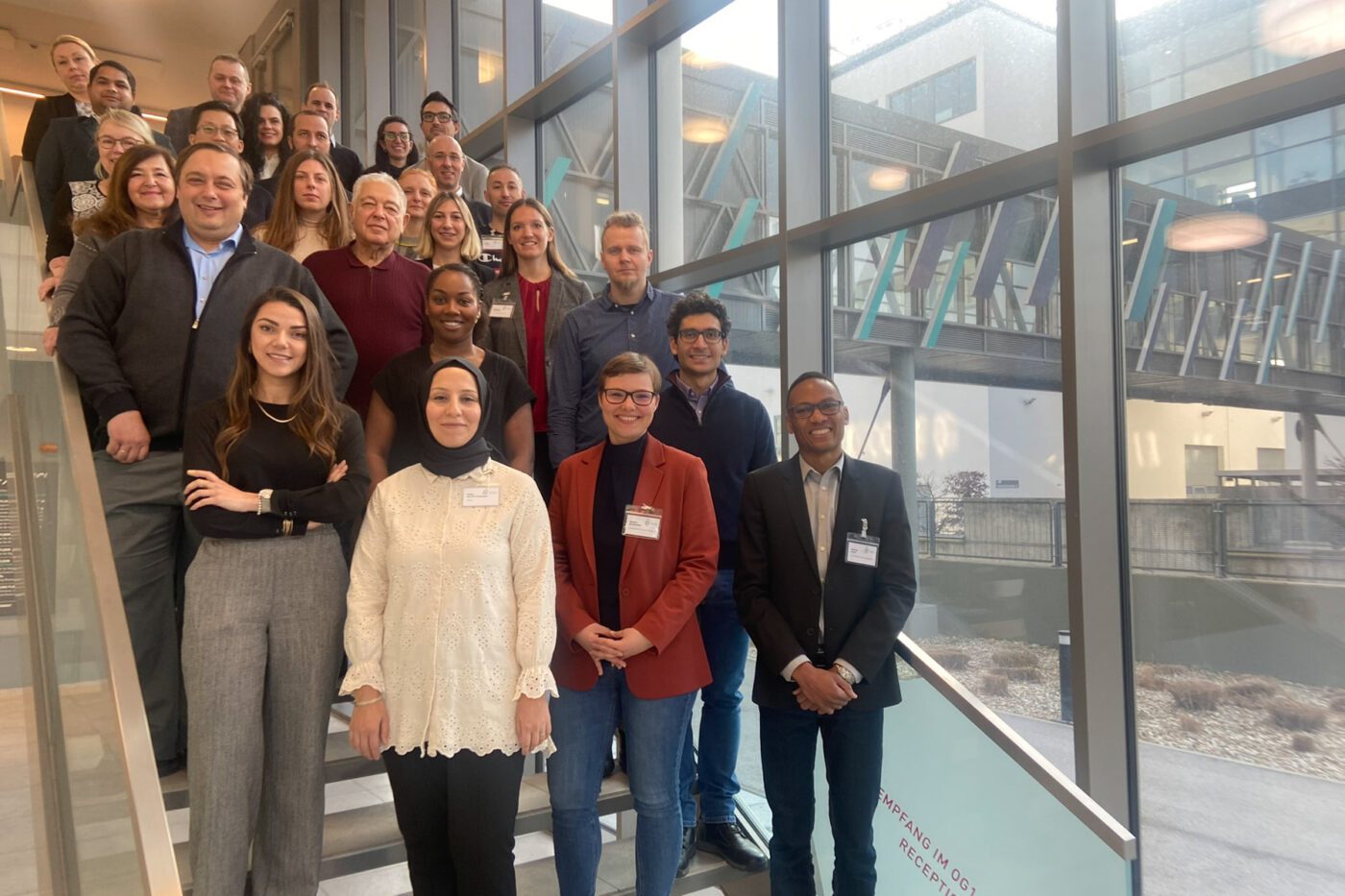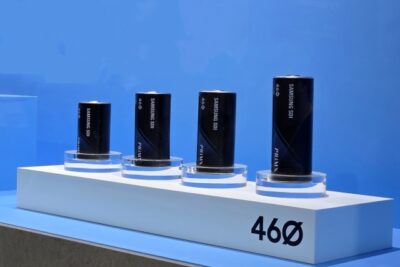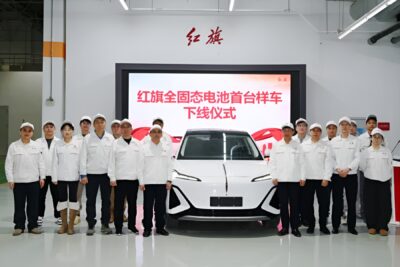El proyecto de investigación STREAMS examinará las cadenas de suministro de baterías flexibles
El proyecto financiado por la UE con el largo título "Sustainable Technologies for Reducing Europe's bAttery raw MaterialS dependance" (Tecnologías sostenibles para reducir la dependencia europea de las materias primas de las baterías) tiene como objetivo reforzar la cadena de suministro europea para la producción de baterías mediante el desarrollo de tecnologías flexibles y escalables, reducir la dependencia de las materias primas importadas y promover enfoques de economía circular en la producción de baterías. STREAMS presta especial atención a la producción sostenible de materiales activos para ánodos y cátodos.
"La fragilidad de las cadenas de suministro actuales y la escasez de materias primas críticas plantean grandes retos a los fabricantes europeos de pilas. Por ello, la producción europea de baterías se centra en garantizar unas cadenas de suministro sostenibles y reducir la dependencia de materias primas críticas como el litio, el níquel y el cobalto. La creciente demanda de baterías, sobre todo para la movilidad eléctrica y las energías renovables, ha creado una necesidad acuciante de utilizar nuestros propios recursos de forma más eficiente", afirma el comunicado de prensa de la AIT.
El acto inaugural de STREAMS tuvo lugar recientemente en las instalaciones de AIT en Viena, donde estuvieron presentes representantes de los 19 socios del proyecto. Las cuatro prioridades de investigación acordadas para los próximos tres años incluyen el fortalecimiento de la cadena de suministro europea, el desarrollo de soluciones tecnológicas integrales, la utilización de diferentes fuentes de materiales (materiales primarios y secundarios) y el trabajo en modelos de economía circular.
El AIT ha asumido la coordinación general de STREAMS, pero también está trabajando con la unidad de Tecnologías de Baterías en el desarrollo de materiales de cátodo y ánodo para las células prototipo más sostenibles. "El objetivo global es desarrollar materiales y células que tengan un rendimiento electroquímico sobresaliente y puedan competir en última instancia con los sistemas de baterías convencionales. Además, los investigadores del AIT optimizan formulaciones acuosas y respetuosas con el medio ambiente para el recubrimiento de electrodos y actúan como interfaz central entre el procesamiento de electrodos a escala de laboratorio y piloto", afirma el comunicado de prensa.
"Al desarrollar tecnologías sostenibles para integrar y armonizar la producción de materiales activos para cátodos y ánodos a partir de fuentes primarias, fuentes secundarias y pilas al final de su vida útil, estamos contribuyendo significativamente a reforzar la circularidad medioambiental del ecosistema europeo de materiales para pilas. Al mismo tiempo, esto promueve la autonomía estratégica, aumenta la competitividad y refuerza la resiliencia del sector", afirma Damian Cupid, científico principal del AIT y jefe de proyecto de STREAMS.





0 Comentarios